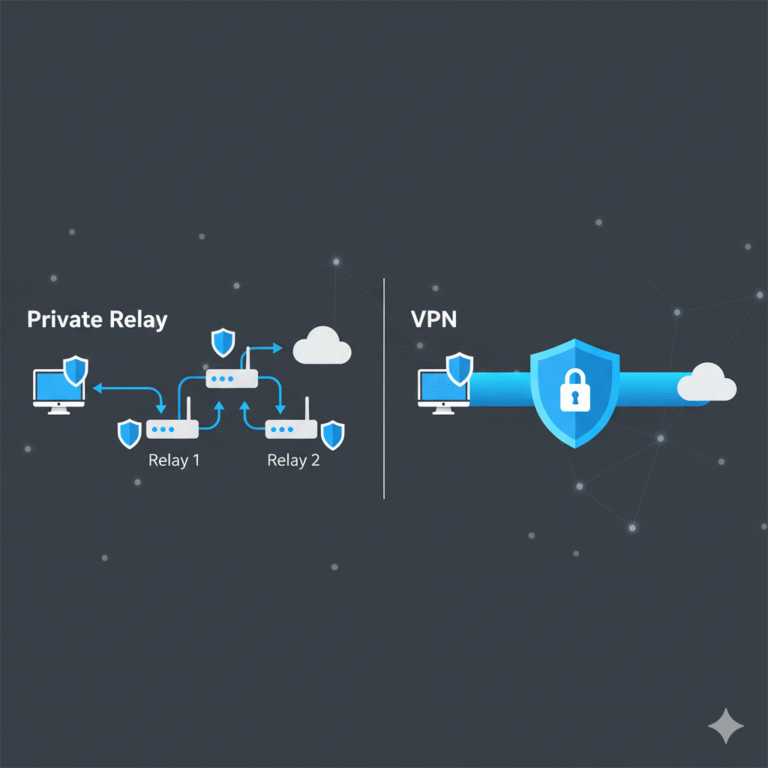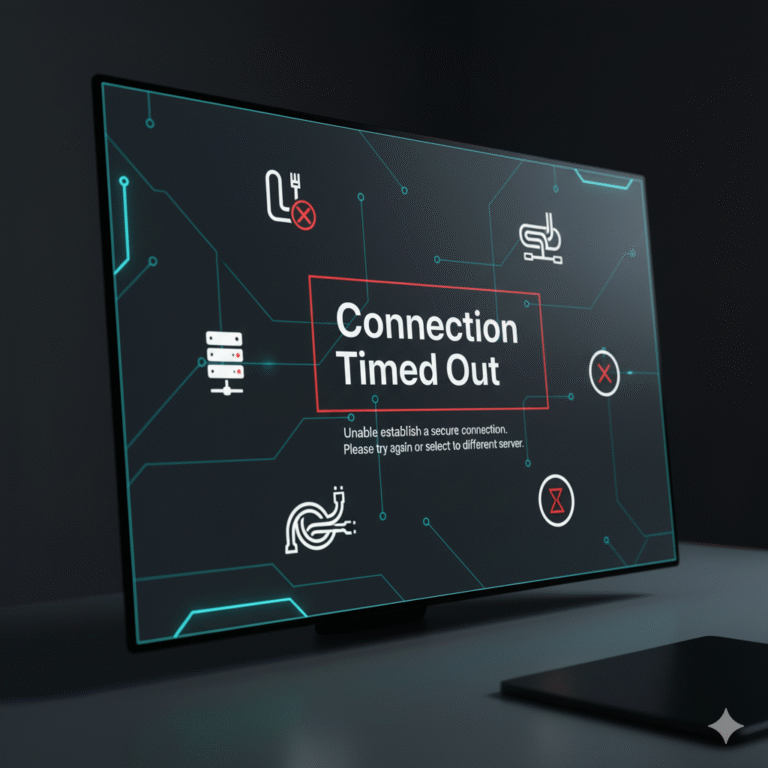What Is a VPN Concentrator? Guide for Secure Remote Access
In an increasingly remote-first world, businesses need reliable, centralized ways to secure communications. That’s where a VPN concentrator comes in. But what is a VPN concentrator, and why is it essential for enterprises?
Let’s break it down.
🔐 What Is a VPN Concentrator?
A VPN concentrator is a specialized networking device or software that creates and manages multiple encrypted VPN tunnels from remote users to a central network. Think of it as a secure access gateway designed to handle a large number of simultaneous VPN connections—often used in enterprise and government networks.
Unlike traditional VPN routers that manage a few connections, a VPN concentrator can efficiently aggregate dozens, hundreds, or even thousands of encrypted tunnels from employees working offsite.
🧠 How Does a VPN Concentrator Work?
The core function of a VPN concentrator is centralized encryption and tunneling. Here’s how it operates:
- User Authentication: It verifies user credentials and device compliance.
- Encryption/Decryption: It encrypts outgoing traffic and decrypts incoming traffic using protocols like IPSec or SSL.
- Session Management: It maintains session logs, tunnel duration, and access privileges.
- Network Routing: Directs traffic to internal services like email, file servers, or intranet applications.
Because it consolidates VPN traffic, a concentrator ensures performance, policy control, and security from one central point.
🆚 VPN Concentrator vs VPN Router: What’s the Difference?
| Feature | VPN Router | VPN Concentrator |
|---|---|---|
| User Capacity | 5–50 users (typical) | Hundreds to thousands of users |
| Use Case | Home, small office | Large enterprises, data centers |
| Security Protocols | Basic VPN (L2TP/IPSec, PPTP) | Advanced VPN (IPSec, SSL, TLS) |
| Management | Minimal configuration | Enterprise-level policy & logging |
| Redundancy | Often single-unit | High availability, failover capable |
🔎 In short: If you’re scaling a secure remote workforce, a VPN concentrator is mission-critical.
🏢 Who Needs a VPN Concentrator?
VPN concentrators are commonly used by:
- Large Enterprises: With hundreds of remote employees accessing sensitive systems.
- Government Agencies: Managing secure remote access with compliance requirements.
- Healthcare & Finance: Where data privacy (HIPAA, PCI-DSS) is mandatory.
- Global Teams: Needing 24/7 secure, consistent network performance.
Even MSPs (Managed Service Providers) use concentrators to offer client VPN services at scale.
🛠️ Key Features of a VPN Concentrator
Here’s what makes VPN concentrators powerful:
- Simultaneous Tunneling
- Handles thousands of encrypted tunnels at once.
- Advanced Encryption
- Uses IPSec, SSL/TLS, or L2TP protocols.
- Scalability
- Can be configured in high-availability clusters.
- Redundancy & Failover
- Ensures uptime even during hardware failures.
- Monitoring & Logs
- Tracks all user sessions and access history.
- Policy Enforcement
- Applies organization-wide access and compliance rules.
🧩 Common Deployment Scenarios
Here are a few ways VPN concentrators are typically deployed:
- Remote Workforce Access
Employees connect securely to internal systems from home or abroad. - Branch Office Connectivity
Remote locations are connected back to HQ securely. - Cloud Integration
Secure tunnel management for hybrid cloud environments. - BYOD & Third-Party Access
Temporary secure access for vendors or contractors.
For a deeper comparison of VPN security options, see
👉 AirVPN vs NordVPN: Which VPN Offers Better Security & Speed?
⚠️ Common Misunderstandings
- “Isn’t a VPN concentrator just a firewall?”
No. A firewall filters traffic. A concentrator builds and manages VPN tunnels. - “I already use a VPN app—do I need this?”
Not if you’re a solo user. But for organizations, VPN concentrators offer centralized control that apps can’t provide. - “Can cloud VPNs replace this?”
Cloud-based VPNs can work, but many enterprises still prefer on-prem concentrators for compliance and control.
For more on secure apps and verification trends:
👉 Google Play Introduces VPN Verification Badges for Security
💡 Benefits of Using a VPN Concentrator
✅ Centralized Security
- Admins can enforce encryption, authentication, and logging from one place.
✅ Improved Performance
- Load balancing and hardware acceleration support high-speed connections.
✅ Easier Compliance
- Meets enterprise security standards with proper auditing.
✅ Remote Work Enablement
- Keeps distributed teams connected and protected.
🚧 Downsides or Limitations
- Cost: High upfront for hardware or licensing.
- Complex Setup: Requires skilled network engineers.
- Single Point of Failure (unless set up with redundancy).
However, these are usually outweighed by security and scalability advantages.
🧠 Final Thoughts: Is a VPN Concentrator Right for You?
If your organization is growing, has remote teams, or handles sensitive data, then investing in a VPN concentrator is a strategic decision. It ensures secure, scalable, and centralized access to critical systems—without compromising performance or compliance.
Still unsure?
👉 You may want to explore modern alternatives too. Check our coverage:
Microsoft 365 to Discontinue Free VPN Service
🔁 FAQ: what is a vpn concentrator
Q1: Is a VPN concentrator hardware or software?
It can be either. Many enterprises use physical appliances, but cloud-based or virtual concentrators are increasingly popular.
Q2: Does a VPN concentrator replace my firewall?
No. It complements your firewall. You’ll need both for full network security.
Q3: What protocols does a VPN concentrator support?
Typically IPSec, SSL/TLS, and sometimes L2TP, depending on the vendor.
Q4: Can a small business use one?
It’s overkill for fewer than 50 users. A business VPN service or router may be more cost-effective.



